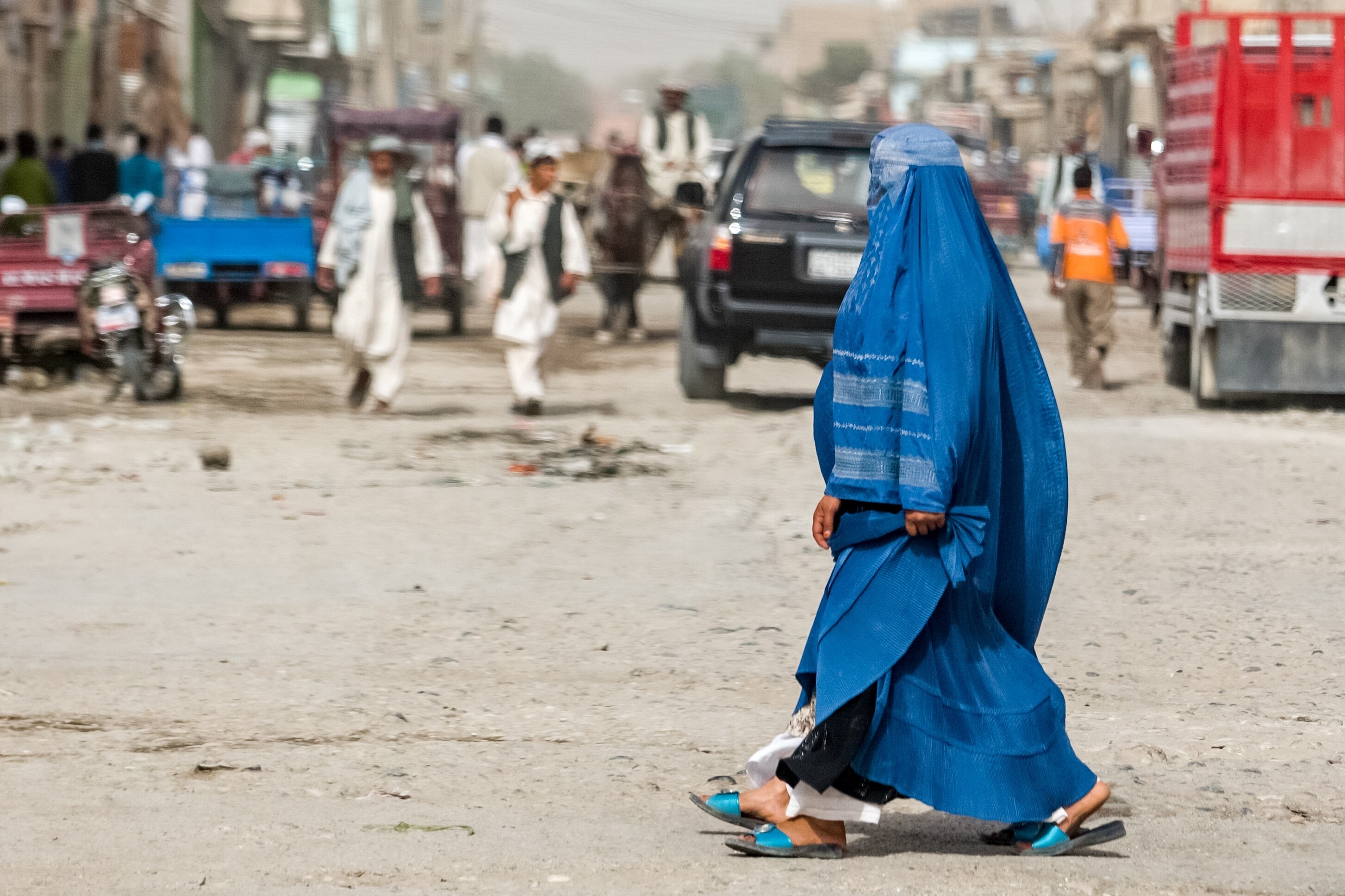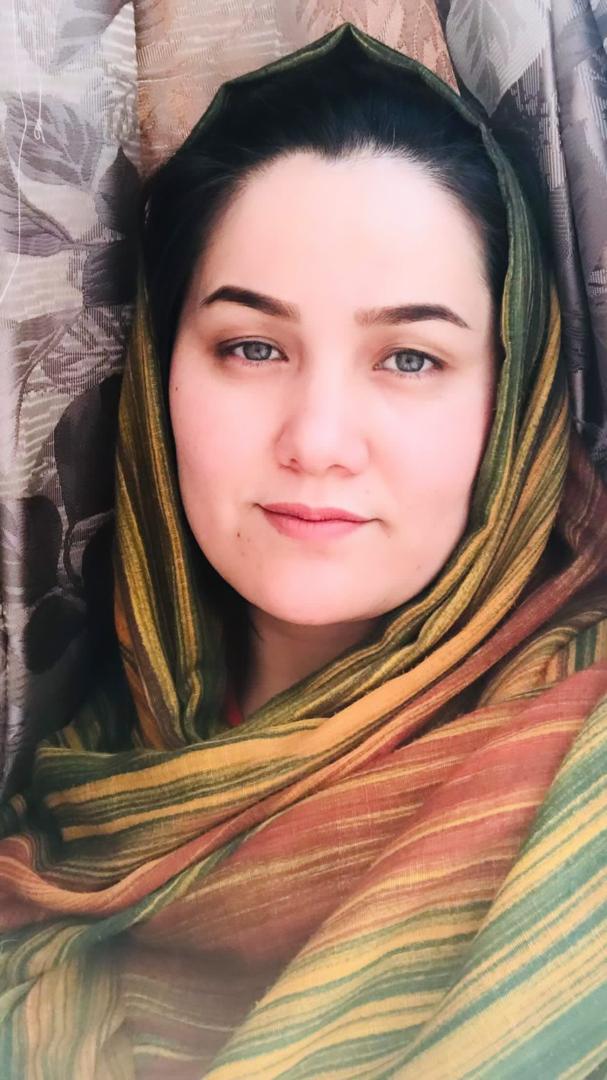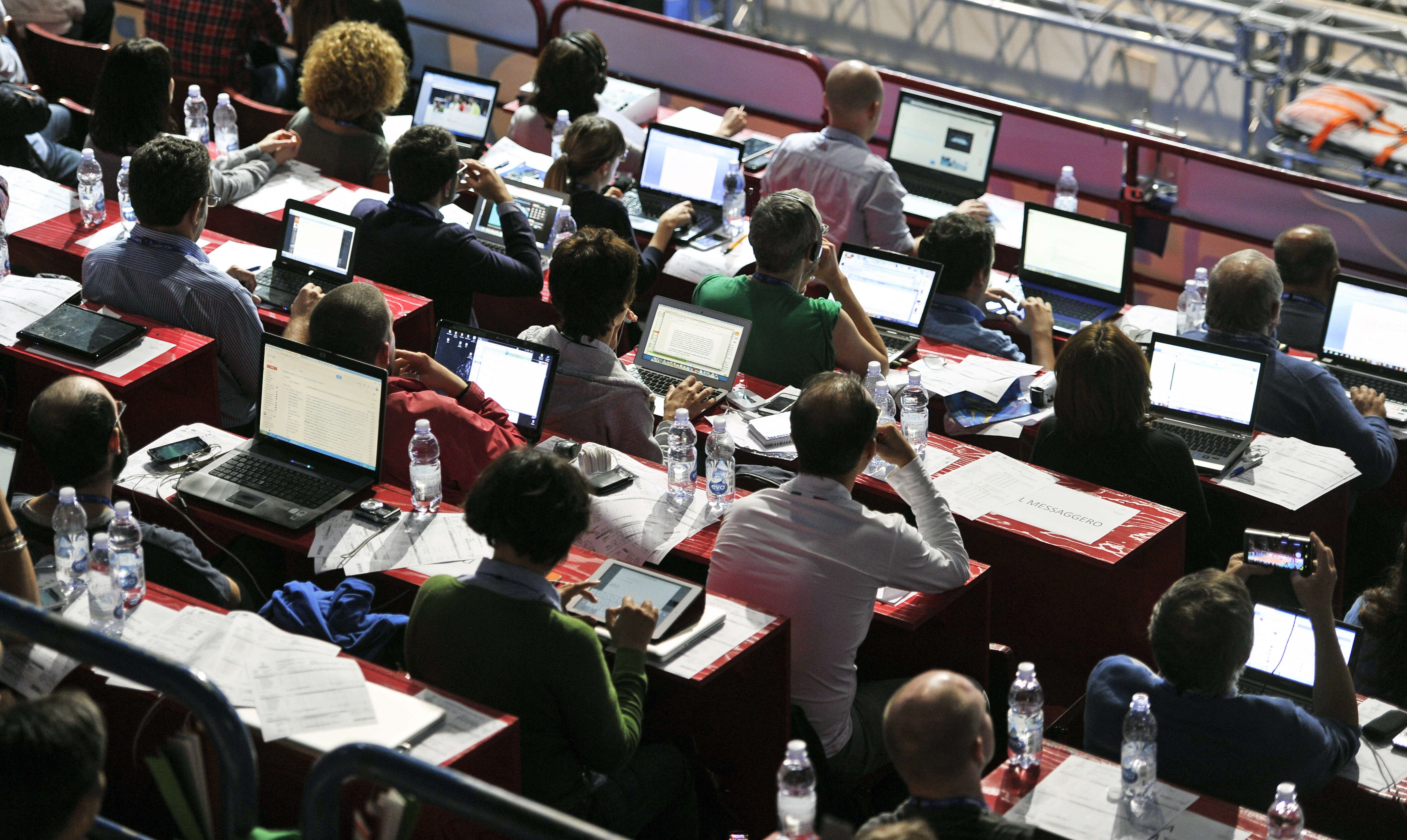تهدف دراسة الباحث ياسر عبدلله طبت إلى ضرورة مشاركة إدارة العلاقات العامة في إتخاذ صنع القرار في المنشأت الإعلامية، وتوفير أكبر الفرص لإدارة العلاقات العامة لاستخدام التقنيات الحديثة في عمليات الاتصال.
تركز الدراسة على واقع العلاقات العامة في المؤسسات الإعلامية الكينية، ودورها نسبة إلى التطابق العملي بين المنهج العلمي للعلاقات العامة والدور الرسالي للمؤسسات الإعلامية.
استخدم الباحث المنهج الوصفي، وأدوات الإستبيان والمقابلة كأدوات أساسية للحصول على البيانات الأولية على عينة من المنشآت الإعلامية بكينيا في الفترة ما بين العامين 2012 - 2017.
تنقسم الدراسة إلى أربعة فصول، الفصل الأول الإطار المنهجي، والفصل الثاني الأسس البنائية للعلاقات العامة، أما الفصل الثالث فخصص للتركيز على الأداء الإعلامي للعلاقات العامة في المؤسسات الإعلامية، في حين شمل الفصل الرابع إطار الدراسة التطبيقي.













































